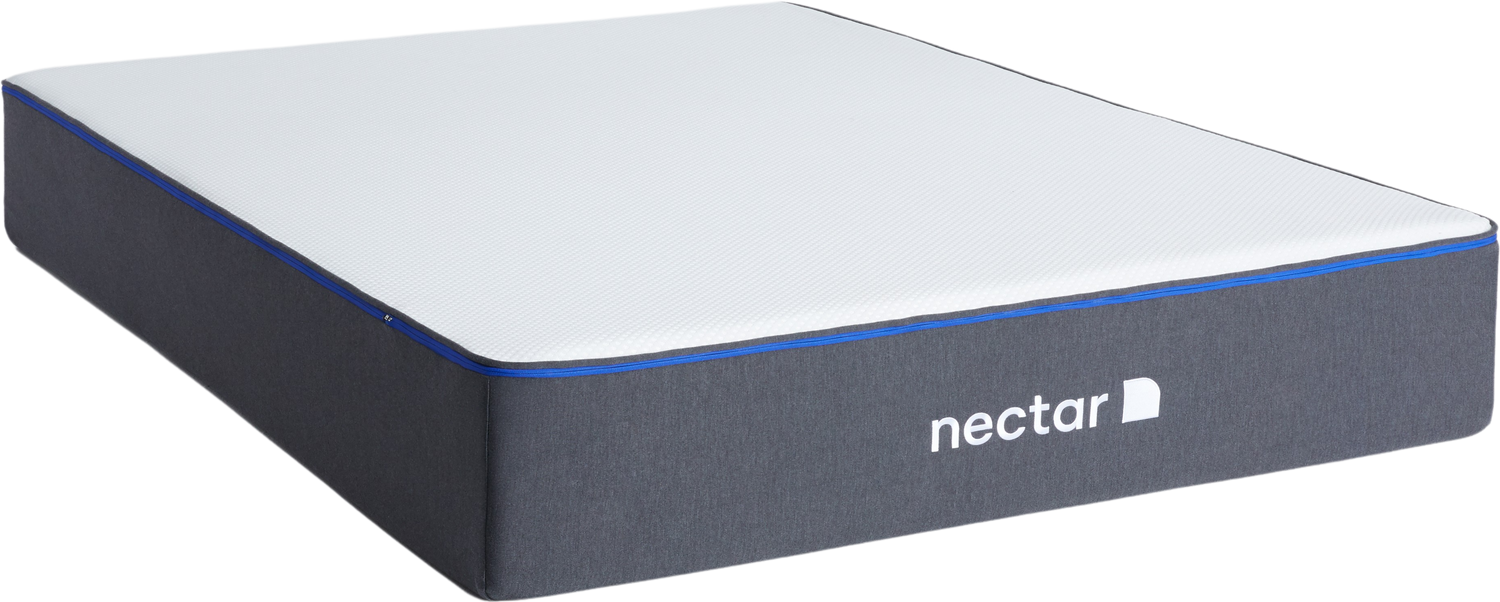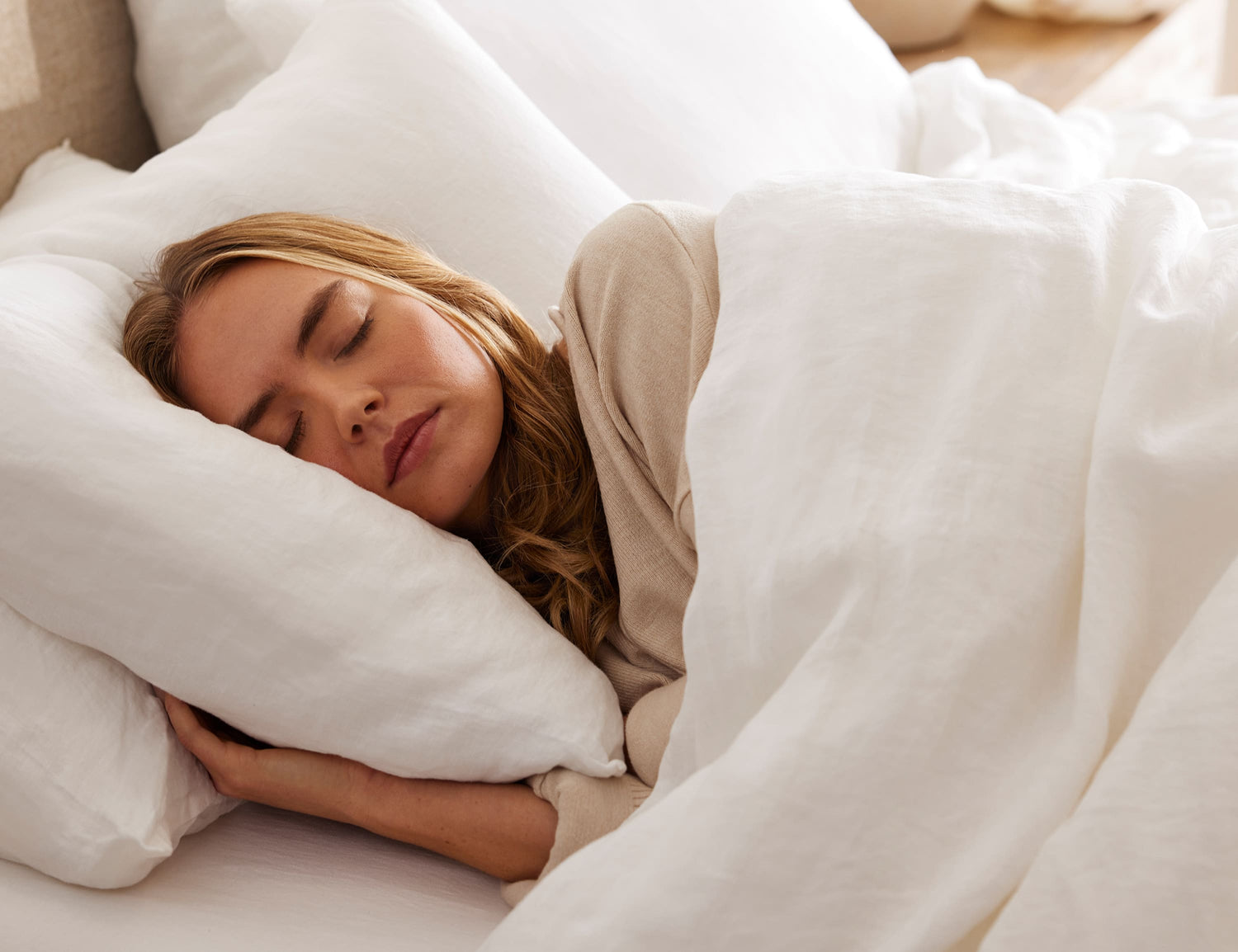Why Menopause Causes Sleeplessness
Menopause brings hormonal changes that affect your sleep. Declining levels of estrogen and progesterone can interfere with your natural sleep cycle, making it harder to fall asleep, stay asleep, or enjoy deep restorative rest. Hot flashes, night sweats, and mood swings can further disrupt sleep, creating a cycle of tiredness and frustration.
The Effects of Sleeplessness
Chronic sleeplessness impacts more than just your energy levels. It can affect concentration, memory, mood, and overall wellbeing. Over time, poor sleep may also influence heart health, weight management, and even bone density. That’s why addressing menopause-related sleeplessness is so important — for both comfort and long-term health.
Practical Tips for Better Sleep
While you can’t completely control hormonal changes, there are steps that can help you get more restful nights:
-
Stick to a routine – Going to bed and waking up at the same time helps regulate your body clock.
-
Create a cool, comfortable bedroom – Breathable bedding, lightweight pajamas, and a mattress that encourages airflow can help manage night sweats and hot flashes. Mattresses with MTick certification are specifically designed for menopause-related sleep challenges.
-
Avoid stimulants before bed – Limit caffeine, alcohol, and heavy meals in the evening.
-
Relax before sleep – Gentle stretching, meditation, or a warm (not hot) shower can calm the body and lower core temperature.
-
Exercise regularly – Physical activity during the day can improve sleep quality, just avoid vigorous workouts right before bedtime.
Choosing the Right Mattress
The right mattress can make a surprisingly big difference in how well you sleep. Look for designs that combine temperature regulation, pressure relief, and support — ventilated foams, gel-infused layers, and hybrid coils are all excellent choices. A mattress that stays cool and supports your body properly can reduce awakenings and improve overall sleep quality during menopause.
When to Seek Help
If sleeplessness persists despite lifestyle changes, it’s worth consulting a healthcare professional. They can help identify underlying causes and suggest treatments or therapies tailored to your needs.
Taking Control of Your Sleep
Sleeplessness during menopause can feel exhausting, but small, intentional changes — from creating a sleep-friendly environment to choosing the right mattress — can make nights more manageable. With the right strategies, you can enjoy calmer nights, better rest, and mornings that feel truly refreshing.
This blog post is for informational purposes only and does not constitute medical advice. If you have concerns about your sleep, health, or wellbeing, please consult your GP or a qualified healthcare professional. The views expressed in this post are those of the author and are intended to share general insights, not to diagnose or treat any condition.




